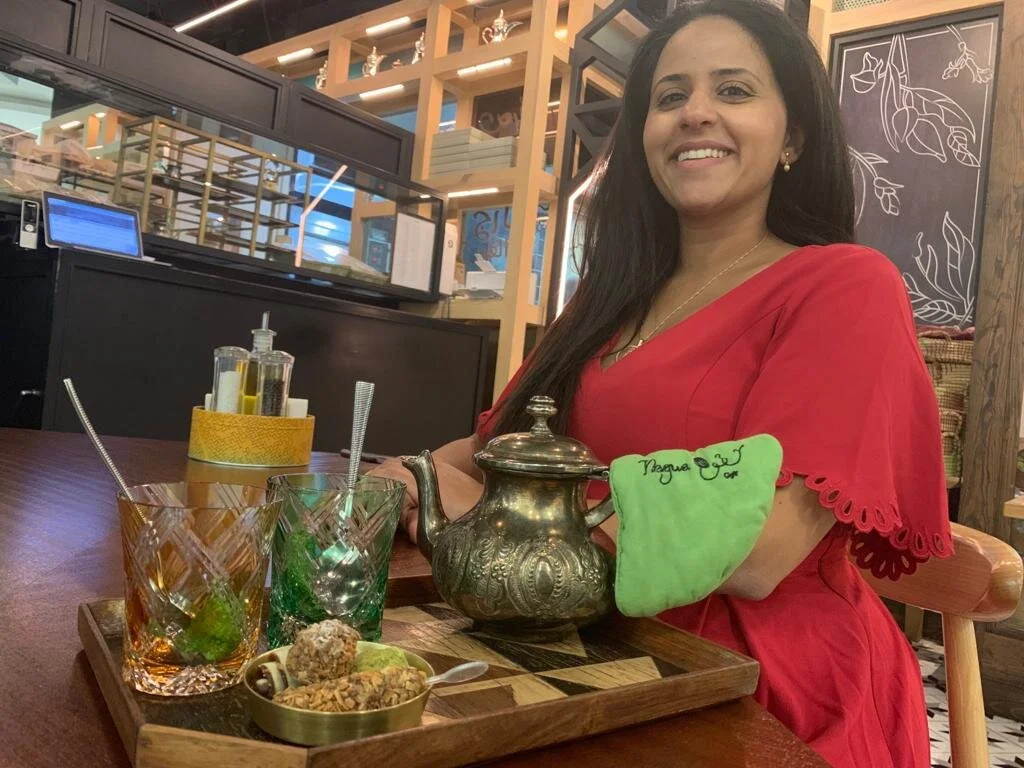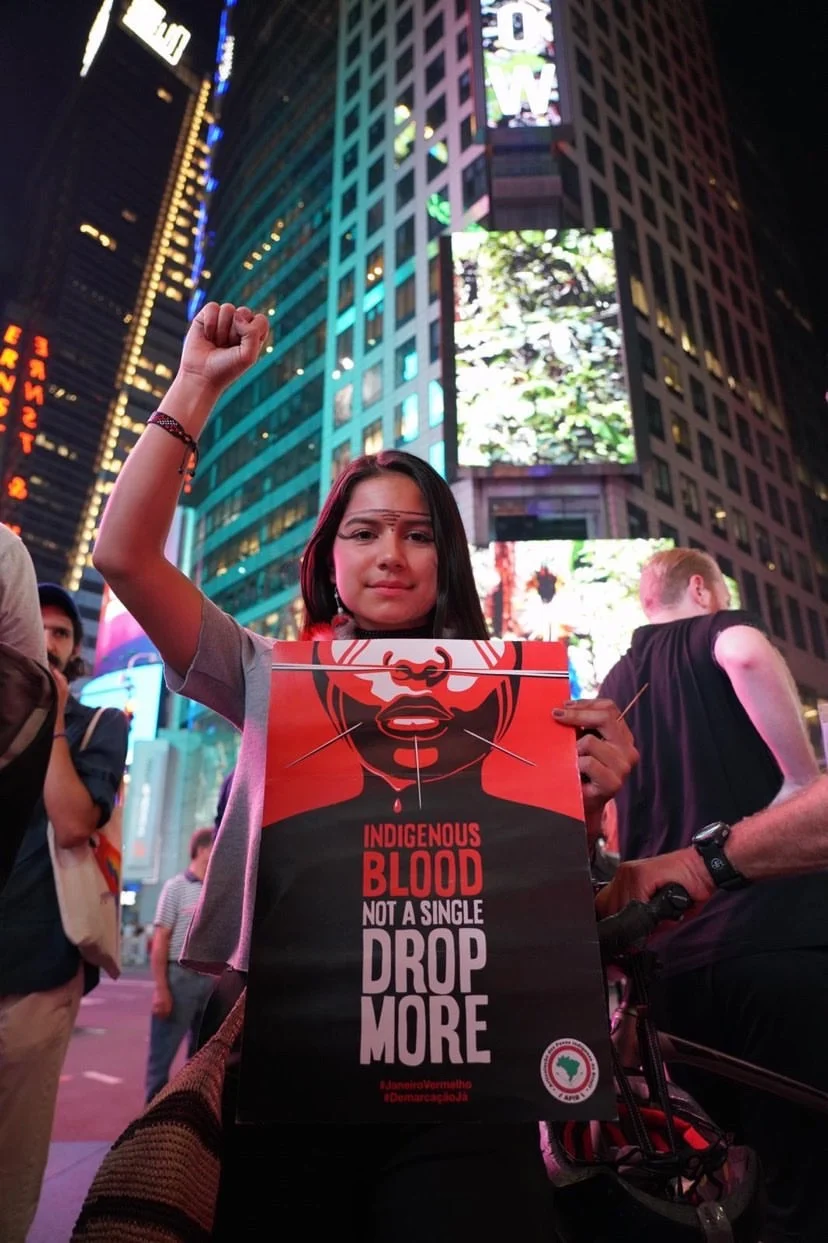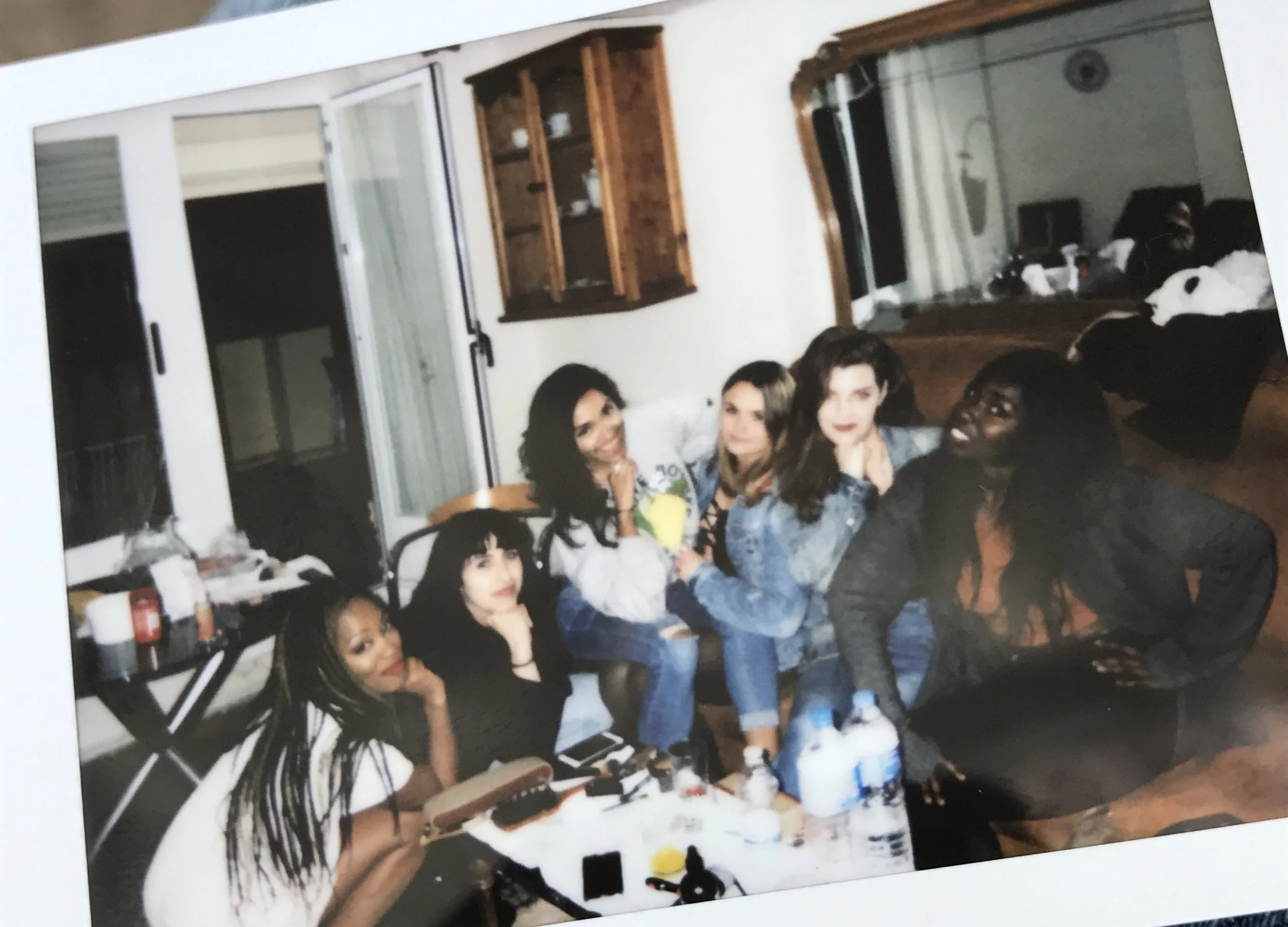Diaspora - Stories from Home : Heba
Estimated Reading Time: 6 minutes
A brief background of the Egyptian diaspora:
Egyptian migration was rare until they overthrew the monarchy in 1952. In the 1980s, many Egyptians emigrated mainly to Iraq and Kuwait, and other Arab nations. It is estimated that about 4.7 million Egyptians live abroad.
Those who migrate to Arab countries often do so with the intention of returning to Egypt, but Egyptian nationals who migrate to the U.S. and western European countries do so more permanently. The U.S., Canada, and Italy have the largest Egyptian diasporas outside of the Arab nations mentioned earlier, with 981,000, 600,000, and 560,000 people of Egyptian descendance respectively.
Map Image from Google
Heba in Kuwait
Heba is ethnically Egyptian but spent her childhood in Kuwait before moving to Canada as an early teen. She is a business owner, an advocate for immigrants and refugees, and passionate about creating spaces for people of color, particularly for the Arab and Muslim community.
I met Heba the first day of highschool 18 years ago this month– she was wearing pink (her high school signature color) and had the kind of smile of someone who knew exactly who she was. She was vibrant, loud and unapologetic about who she was (still is today). As a young immigrant that tried to take up as little space as possible, Heba fascinated me – here was a young woman of color who wasn’t afraid to take up space.
“Eighteen years later I am still forced to deal with the repercussions of belonging to a group that is hated and feared”
Two weeks into highschool the 9/11 attacks happened and her, along with many other Arab and Muslim people, saw her life being permanently affected.
“Being a young Arab Muslim in Kuwait and Egypt was easy, it was never a question, nothing I thought about, potentially because of my age or living in the Middle East. However, coming to Canada, during the peak of Islamophobia and the 9/11 activities, forced me to question what being an Arab Muslim woman meant. Eighteen years later I am still forced to deal with the repercussions of belonging to a group that is hated and feared.”
Like many immigrants of color in predominantly white spaces, Heba learned from a young age that assimilation was a survival tactic. She describes her struggles with whitewashing (the practice of minorities assimilating to the more dominant white western culture).
“Unfortunately, to succeed in North America you have to whitewash yourself. In the beginning, I did it subconsciously, for instance, changing the way I speak or changing the way I dress to fit in and be understood. As I got older, I understood the repercussions of assimilating. . . It’s a difficult process, to want to maintain your identity but to know culture is fluid and you must be fluid to survive. I’ve learnt that maintaining my name, and just be who I am is pushing back to assimilation, and not feeling pressured into changing the root of who I am.”
Heba presenting at the University of Winnipeg
Although Heba spent her college years studying Middle Eastern affairs and has a masters in peace and conflict studies, her parents also ensured that she maintained a sense of Arab and Muslim identity.
“My whole life I grew up going back and forth between the Middle East and Canada, and grew up in a household where we watched Arabic soap operas all day, ate Arabic food primarily, spoke Arabic, went to Arabic school on the weekends, these daily activities my mother participated in make you remember who you are, and keep your roots alive. This was a huge part, even though I did not accept it when I was younger, of becoming who I was, and embracing the fact that I am a woman of colour, Arab and Muslim. My background has led me to [sic] who I am today: I like my mother, am a strong woman who is opinionated and strong, and advocates for what is right.”
Seven years ago, Heba’s studies led her to Manitoba (located easternmost of the prairie Canadian provinces). She soon noticed a shortage of Hookah lounges in which she felt comfortable in, so her and a business partner opened up Arabesque – a Hookah lounge and restaurant. It is a space aimed at people of color and women to congregate in a welcoming and safe environment. It also serves as a home away from home for Arab and Muslim residents living in Manitoba.
Why was it important for you to create that space, and how does it fit in with your culture?
“Hookah lounges, are a huge part of Middle Eastern culture, they are often where the [sic] politics happens, conversation and gatherings occur. Typically in shisha bars across the Middle East you find men sitting in shisha cafes . . . discussing all matters of life. But with progress, shisha cafes are no longer male dominated . . . they have become spaces for women to gather as well. . . . An important aspect for me was creating a space where women could gather, without feeling uncomfortable . . . Wither [sic] you are a shisha smoker or not, the purple walls, the Arabic décor, the aroma of the shisha and shawarma and a warm pot of tea creates an instant feeling of nostalgia and comfort for those who are dealing with the diaspora blues. [Arabesque] makes me so proud to have a piece of the Middle East in Manitoba.”
Being a business owner is a full time job that often infringes on any personal time, however Heba still finds ways to connect with her faith and identity.
“. . . Every Friday, I light incense on fire, and walk around my house, reciting prayers. This is meant to keep the evil eye away from you and your house, and bring good fortune. . . . These rituals often bring a sense of comfort and belonging. . . . Living abroad the people closest to you often come from different cultures, and cultures are fluid, and constantly changing, which is indeed beautiful and important, but difficult when you sense your identity maybe at stake, which is why these rituals ground you and remind you that you can keep this part of you no matter what.”
Any artists (writers, poets, singers etc.) from your background that you wish people knew more about?
“There’s a lot of incredible artists in the Middle East- you have writers such as Naguib Mahfouz, Khalil Jibran which are known for their excellent work. . . . Kalthoum, Fayrouz are beautiful singers which are still appreciated over fifty years later. The Middle East has been a hub for artists for centuries but unfortunately that is often forgotten.”
What do you think about when you think of home?
“Home can be numerous locations, in my case it is for sure. I refer to home as Kuwait, because it’s where my dad lives, we have our home, it’s where my family is. Concurrently, Winnipeg has become my home, because it’s where I live and where my life is happening. Needless to say I guess home means where you feel attached, comfort and where you can go at any time and feel [sic] ease and connections.”
You can find Heba on Instagram and check out her restaurant Arabesque!
This post is part of the ‘Diaspora - Stories from Home’ series, where I will be interviewing people from various diasporas throughout the month of September
To register for the accompanying event in September in Barcelona, click here
If you enjoyed this story please consider commenting and/or sharing using the links below!

















